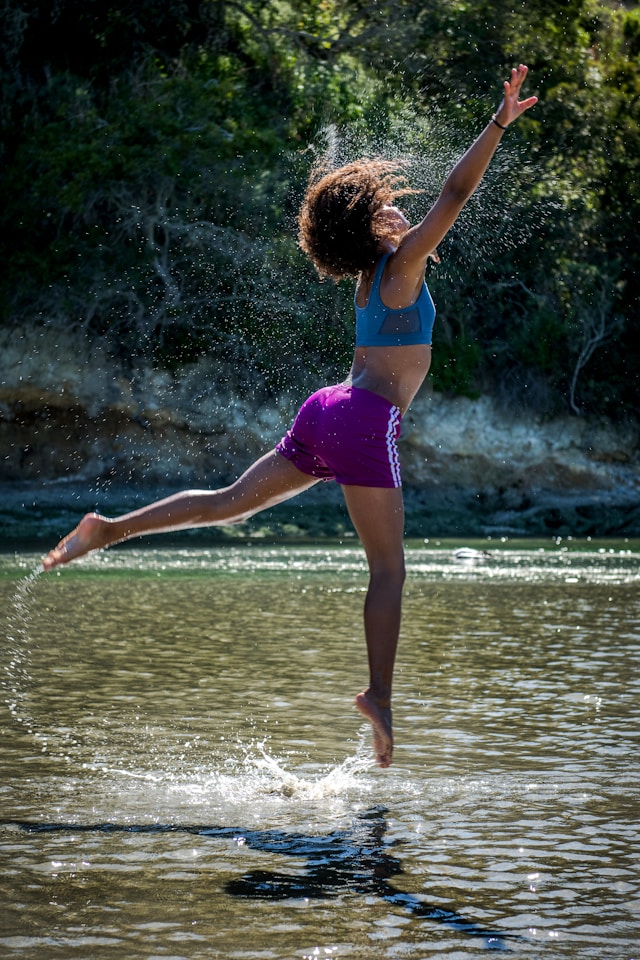Sports as a Social Connector
One of the most significant roles that sports Atlas98 play is in connecting people. Whether it’s children in a local football league, fans supporting their favorite teams, or strangers meeting at a community gym, sports provide a common ground for interaction. The shared experience of playing or watching a game creates opportunities for social engagement, allowing individuals to build friendships and form lasting relationships.
In many communities, sports are a focal point of social life. Local sports clubs, school teams, and community leagues bring together people from diverse backgrounds who may not otherwise interact. Sports create an environment where differences in age, race, religion, or socio-economic status become secondary to the shared love of the game. This inclusive nature fosters a sense of belonging, as individuals feel connected to something larger than themselves.
Moreover, sports events, whether amateur or professional, often serve as communal gathering points. The excitement surrounding games brings people together, whether they are cheering for the same team or simply enjoying the atmosphere. These shared moments of excitement, joy, and even disappointment help build a sense of solidarity, strengthening the bonds between community members.
Fostering Civic Pride and Identity
Sports have the power to instill a deep sense of pride in individuals and communities. Local and regional sports teams often serve as symbols of collective identity. When a local team competes, it represents the entire community, giving residents something to rally around. Victories are celebrated not just as the success of a team, but as a win for the entire community, reinforcing local pride and unity.
For instance, when a city’s sports team wins a championship, the triumph is often seen as a reflection of the city’s strength, resilience, and character. Even at the grassroots level, small towns and neighborhoods take pride in their local sports achievements, which become a source of shared pride and inspiration. These moments create a sense of belonging, as community members feel connected to each other through their collective support for their team.
Furthermore, sports can help revitalize communities by improving their visibility and reputation. A successful local team can attract visitors, media attention, and even economic investment, contributing to a positive community image. This, in turn, can inspire residents to take greater pride in their community and become more actively involved in its development.
Sports and Youth Development
One of the most impactful ways in which sports build communities is through the development of young people. Youth sports programs offer children and teenagers a structured environment where they can develop not only physical skills but also essential life skills, such as teamwork, discipline, and leadership. These programs play a critical role in the personal growth of young people, providing them with positive role models and opportunities for social development.
Youth sports also serve as a preventative tool against negative social behaviors. By engaging young people in structured, healthy activities, sports programs provide an alternative to potentially harmful influences, such as crime or substance abuse. The values learned in sports, such as perseverance, respect for others, and goal-setting, help shape young individuals into responsible, confident members of society.
Additionally, youth sports foster a sense of responsibility and belonging within the community. Young athletes who represent their school or town take pride in their role as ambassadors of their community, and the support they receive from local residents reinforces the importance of contributing positively to their environment.
Promoting Inclusivity and Breaking Down Barriers
Sports have the unique ability to bring people from different backgrounds together in a way that few other activities can. The universal nature of sports transcends language, culture, and geographic boundaries, making it a powerful tool for promoting inclusivity and diversity. Whether it’s through mixed-gender teams, adaptive sports for individuals with disabilities, or multicultural leagues, sports create spaces where everyone can participate and feel valued.
In communities with diverse populations, sports can serve as a bridge between different cultural groups. Through shared participation in sports, individuals from different ethnic, religious, or socioeconomic backgrounds can interact and form meaningful relationships. This helps break down stereotypes and prejudices, fostering greater understanding and respect among community members.
Sports also promote gender equality by providing opportunities for women and girls to participate and compete. The rise of women’s sports leagues and events, such as the FIFA Women’s World Cup, has inspired greater female participation in sports and challenged traditional gender roles. This has had a positive impact on communities, as women and girls are increasingly seen as equals in the sporting world and beyond.
Sports as a Catalyst for Social Change
Throughout history, sports have often been used as a platform to advocate for social change. From the civil rights movement in the United States to the global fight for gender equality, sports have provided athletes and communities with a stage to address important social issues. Iconic moments, such as Jackie Robinson breaking baseball’s color barrier or Muhammad Ali’s stand against the Vietnam War, highlight the role sports can play in challenging societal norms and promoting justice.
Today, athletes and sports organizations continue to use their platforms to address issues such as racial inequality, mental health, and climate change. These efforts inspire communities to reflect on these important topics and take action in their own lives, using sports as a catalyst for broader social movements.
Conclusion
Sports are a powerful force for building communities and fostering social connections. By promoting teamwork, inclusivity, and civic pride, sports help create cohesive, resilient communities where individuals can thrive. Whether through youth development programs, local sports leagues, or professional events, the impact of sports on society is undeniable. Beyond the physical and entertainment aspects, sports are a unifying force that brings people together, inspires positive social change, and strengthens the fabric of communities.


